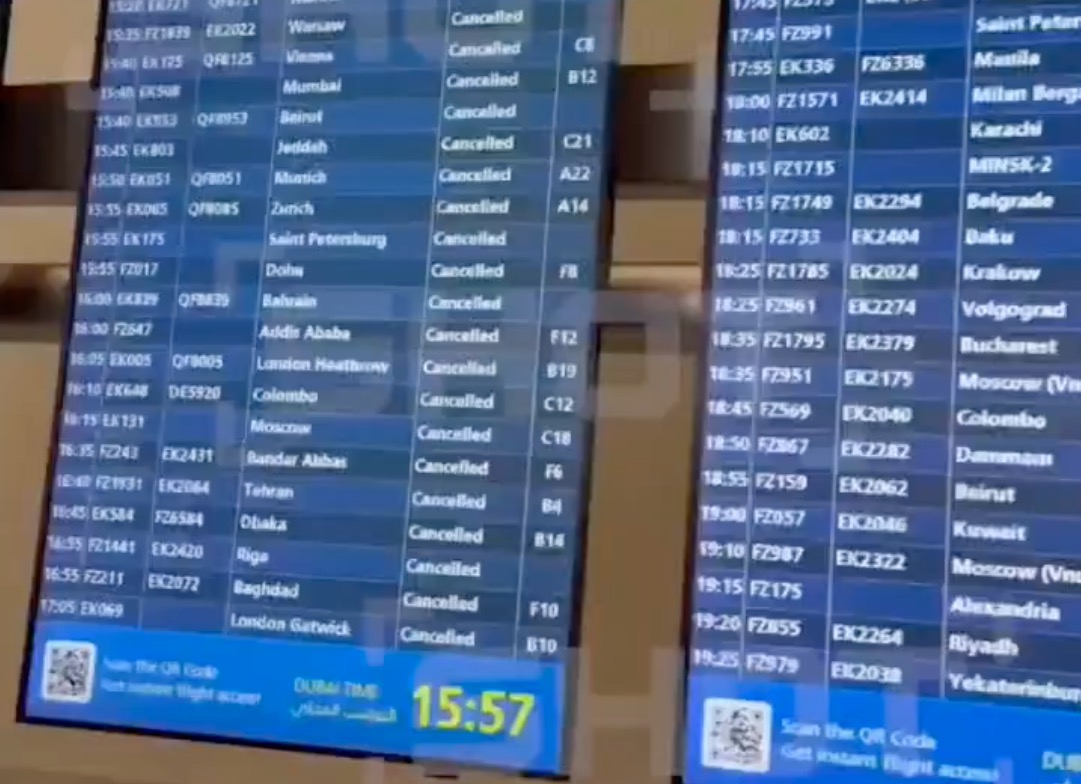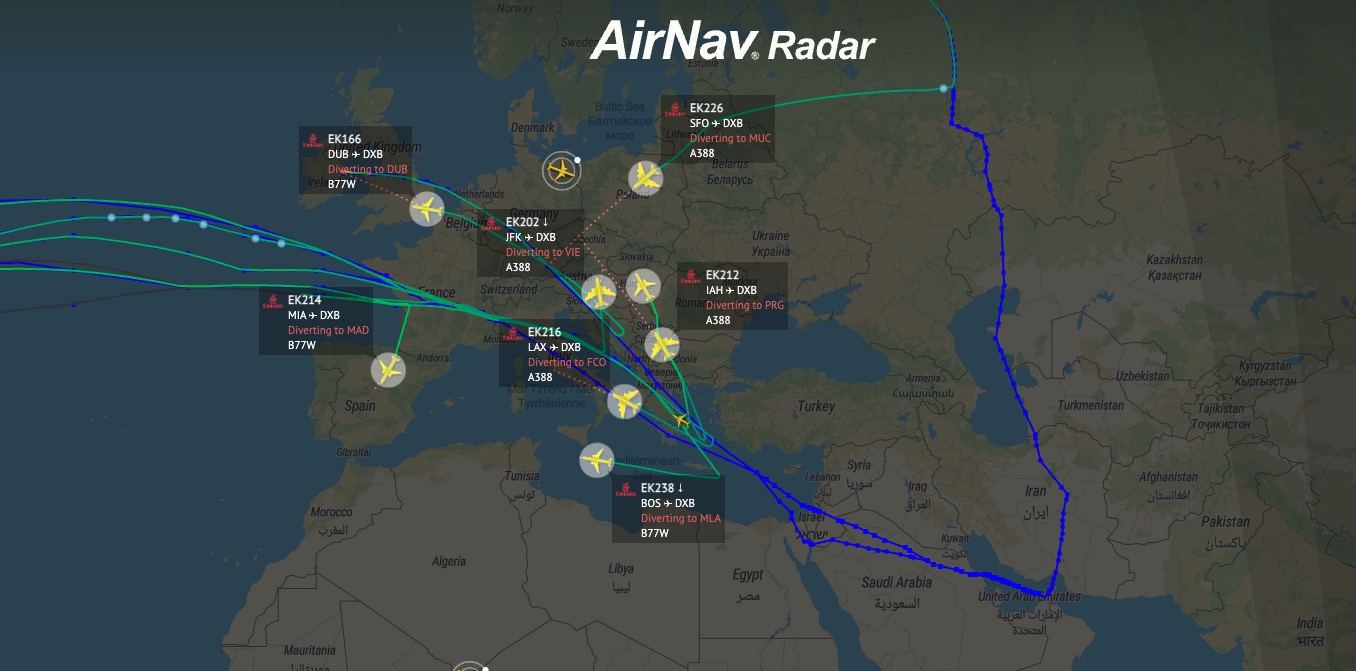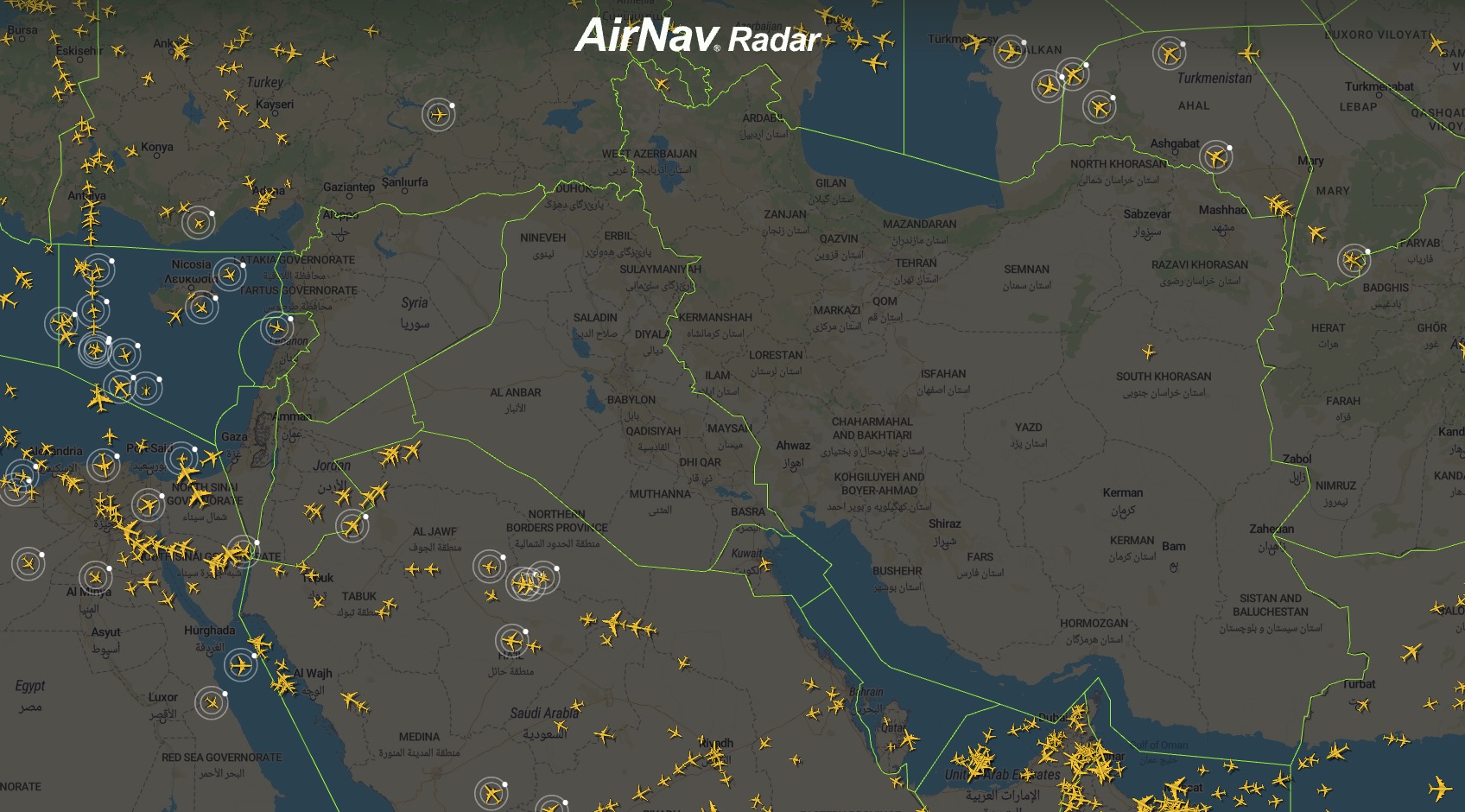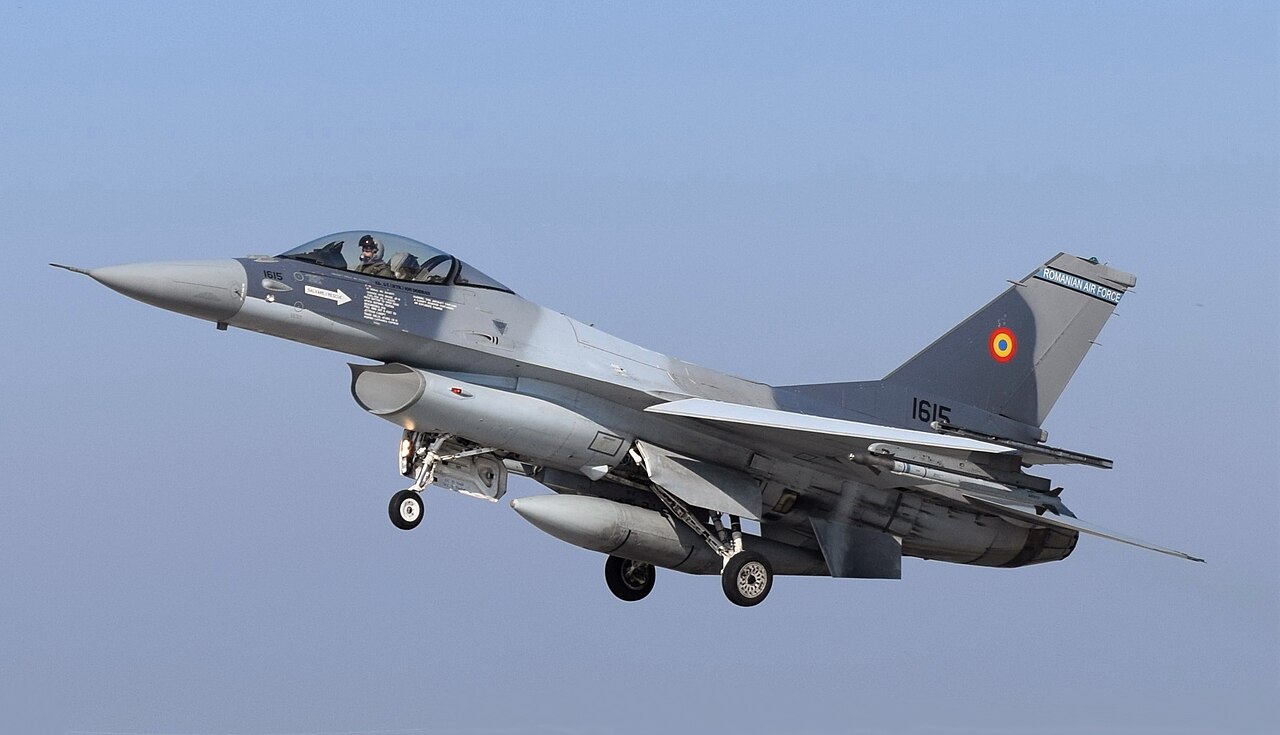The US Federal Aviation Administration (FAA) changed rules that allow the tracking of private jets.
The FAA quietly rolled out a significant expansion of its Privacy ICAO Aircraft Address (PIA) program, which allows private aircraft owners to mask their real-time flight data from public tracking platforms.
Under the new rules, eligible aircraft operators — including those using private jets like Elon Musk’s Gulfstream — can apply for a rotating ICAO address that doesn’t link back to the registered aircraft or owner.
The Gulfstream G550, registered as N502SX, was the first Gulfstream jet acquired by Elon Musk in 2003 according to Simple Flying. As of 2025, his collection includes several Gulfstream jets, each tailored to meet specific travel needs.
Why Elon Musk Is at the Center of the Debate
Elon Musk has been a frequent target of high-profile tracking efforts. In 2022, college student Jack Sweeney made headlines with his Twitter account @ElonJet, which used publicly available ADS-B (Automatic Dependent Surveillance–Broadcast) data to log Musk’s jet movements. Musk reportedly offered Sweeney $5,000 to take the account down (Sweeney declined). The account was eventually banned from Twitter after Musk acquired the platform — citing personal safety concerns.
The incident sparked debate over transparency, public data rights, and the privacy of public figures. Elon Musk, Taylor Swift and others in similar positions argued that real-time jet tracking presents security risks.
What the New Rules Change
Previously, it was often still possible to track aircraft through a combination of:
- Tail number identification
- Flight patterns
- Airport logs
- Open-source data aggregation
The updated FAA policy now makes it far more difficult to correlate flight data with specific aircraft. By constantly rotating aircraft identifiers and withholding sensitive metadata from public feeds, the FAA is effectively severing the breadcrumb trail used by trackers.
Privacy vs. Transparency
This move raises big questions: Should billionaires be allowed to shield their movements from public scrutiny? Or do safety concerns outweigh transparency?
Proponents of the FAA’s decision argue that real-time location tracking of individuals — regardless of their wealth — poses significant personal security risks, especially amid rising political tensions and social media threats.
Conclusion
Critics, including journalists and transparency advocates, worry that such changes erode tools used to investigate environmental impacts, tax avoidance, and corporate influence.
However, the FAA’s new rules mark a turning point in the public’s ability to monitor private air travel. For Elon Musk, the change may bring some peace of mind. For jet trackers and aviation sleuths, it marks the end of an era.









